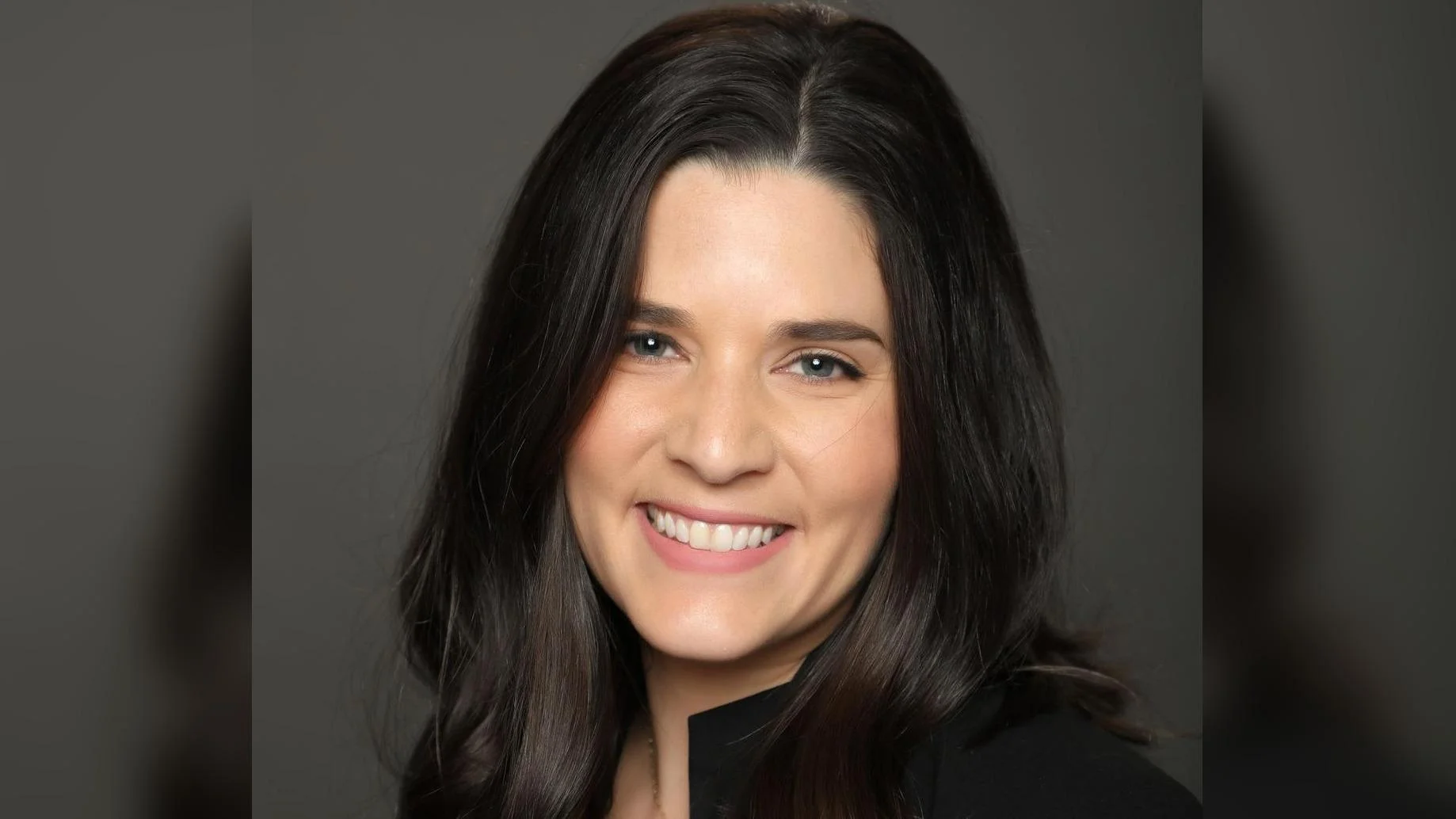Delta’s sustainability strategy is built on three main pillars: investing in next-generation aircraft and scaling up use of sustainable aviation fuel (SAF), optimizing flight operations, and reducing onboard weight to save jet fuel. The airline continues its efforts by exploring partnerships across various technologies and operational improvements.
“Delta is proud to collaborate with Maeve to help shape the next chapter of regional aviation and accelerate progress toward a more sustainable future of flight,” said Kristen Bojko, Vice President of Fleet at Delta Air Lines. “As we work toward the next generation of aircraft, we look to partners like Maeve who embody the bold, forward-thinking innovation we champion at Delta – solutions that advance aircraft design, enhance operational efficiency, elevate employee and customer experiences, and cut emissions. While driving toward transformative technologies that strengthen our network and redefine regional air travel remains a key priority, we’re equally focused on safety and a more sustainable future of flight.”
The MAEVE Jet is being developed for compatibility with both conventional jet fuel and SAF. Its hybrid-electric engine architecture is expected to deliver up to 40% reduction in fuel usage by providing power assistance during low altitude operations—a design that also supports integration with more electric systems onboard.
“It’s a privilege to have Delta as a partner in the development of groundbreaking technologies and processes,” shared Martin Nuesseler, Chief Technology Officer at Maeve Aerospace. “Their expertise in fleet innovation and commitment to aviation sustainability is unmatched, and we’re proud to work together to tailor the MAEVE Jet for the U.S. market.”
In addition to working with Maeve Aerospace, Delta has partnered with Green Taxi Aerospace through its Sustainable Skies Lab program. This collaboration focuses on developing electric taxiing technology for regional aircraft—a move aimed at cutting fuel use, operating costs, taxi time, and carbon emissions at airports.
These initiatives reflect Delta’s ongoing efforts not only toward long-term innovations such as hybrid-electric propulsion but also immediate operational improvements within its control today.
 Alerts Sign-up
Alerts Sign-up




































